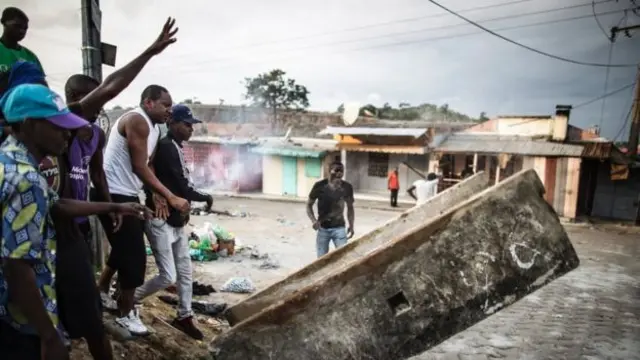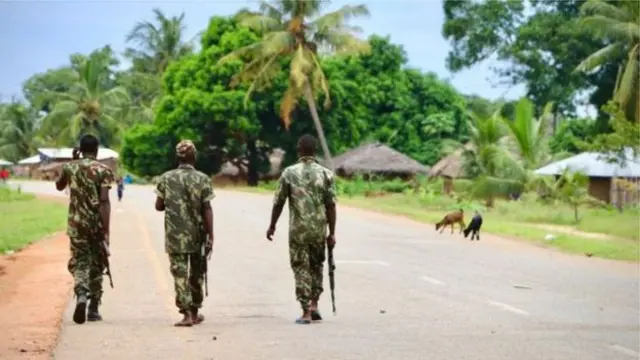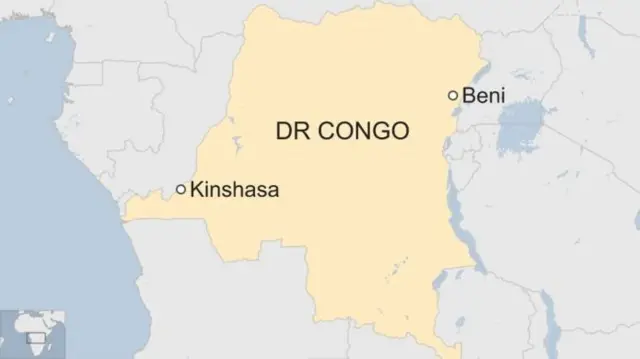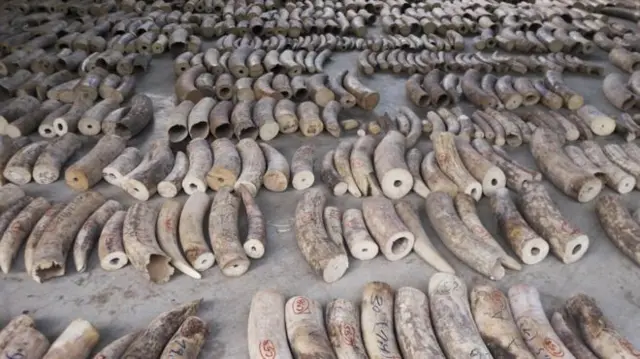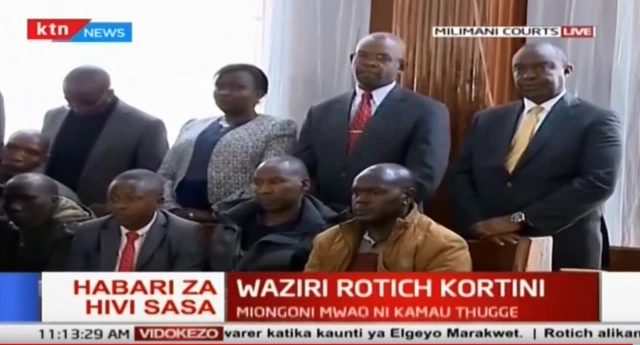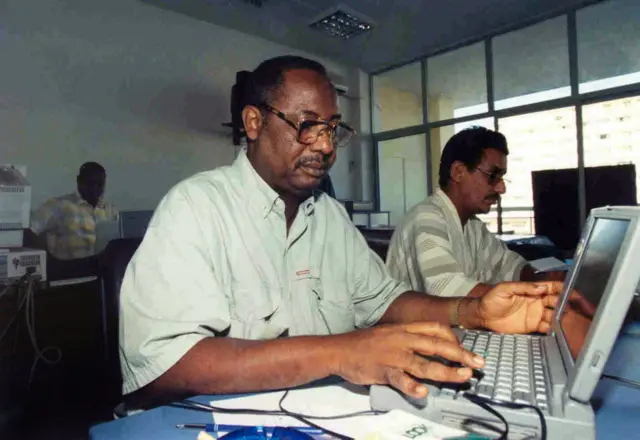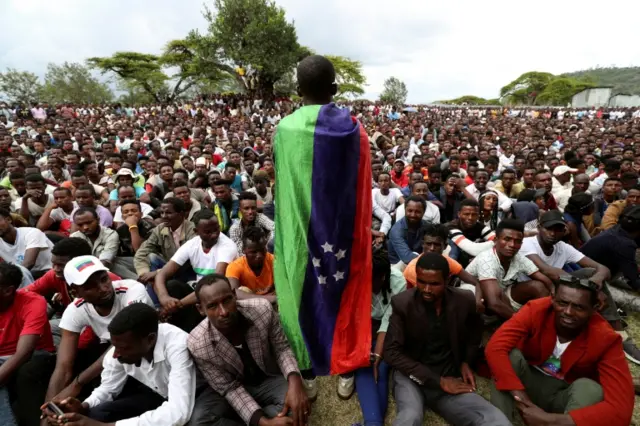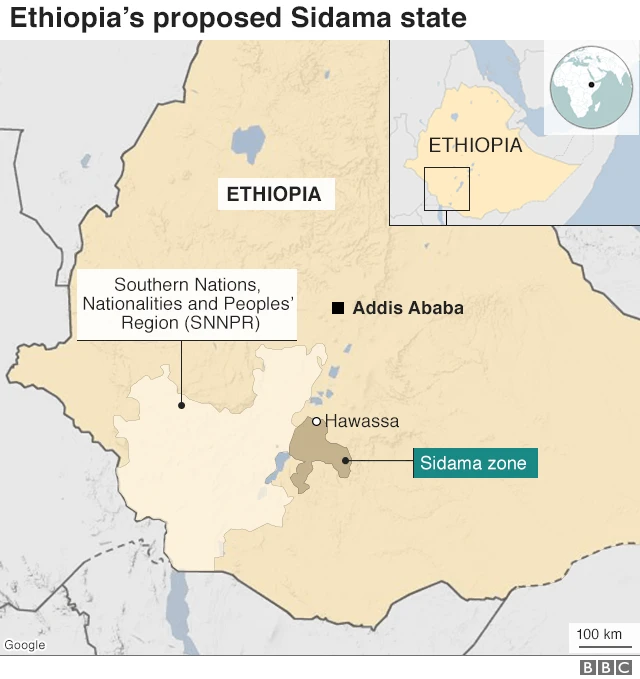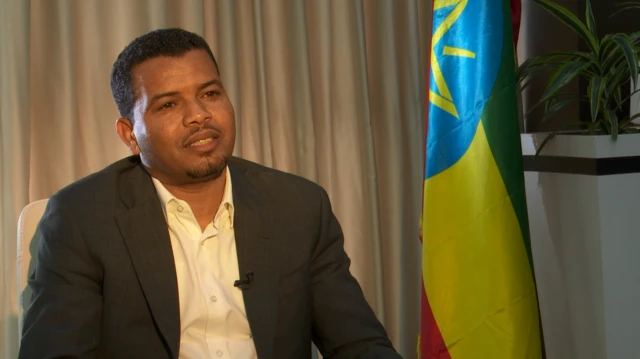Ghanaian traders 'lock up rival Nigerian shops' againpublished at 15:39 BST 23 July 2019
 Favour Nunoo
Favour Nunoo
BBC Pidgin
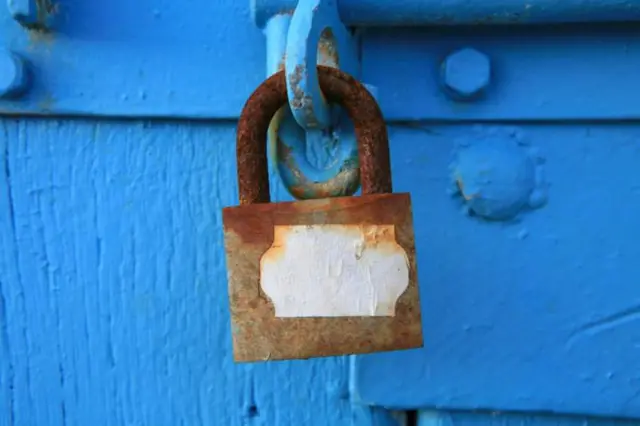 Image source, Getty Images
Image source, Getty ImagesIt is the third time this year that Ghanaian traders had locked Nigerian shops
Ghanaian shop owners have forcefully locked Nigerian-owned shops in a market in the capital Accra after insisting that they are operating illegally, one trader told Citi FM.
It is the third time this year that shops belonging to Nigerians have been locked by Ghanaian traders.
Last month, more than 30 Nigerian-owned shops were locked by unidentified individuals in Ghana’s second largest city, Kumasi.
Recently, local traders in Accra said on a radio show that the locks are a warning to the government to enforce the law that bars foreigners from participating in the retail market.
The president of the Nigerian traders union in Ghana, Chukwuemeka Nnaji, told BBC Pidgin that “the Ecowas protocol gives all citizens of member states equal rights to do business, reside and establish a business in each member state".
“We Nigerians in Ghana have the right to trade here in any kind of business, the law they are quoting is not applicable to Nigerians”, Mr Nnaji added.
But Ghanaian traders insist they want the government to enforce a 2013 law, which they say limits retailing in the country only to Ghanaians.
The shops in the capital remain locked and police have met with Ghanaian and Nigerian traders to resolve the situation.
